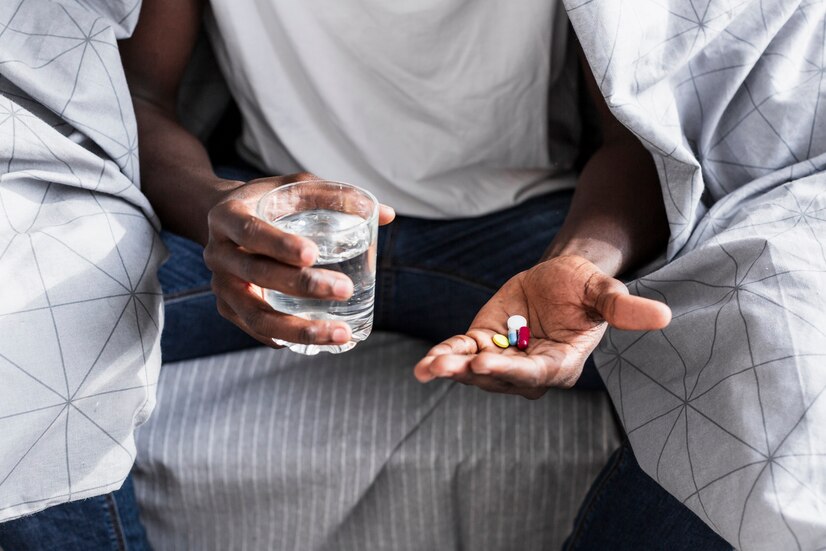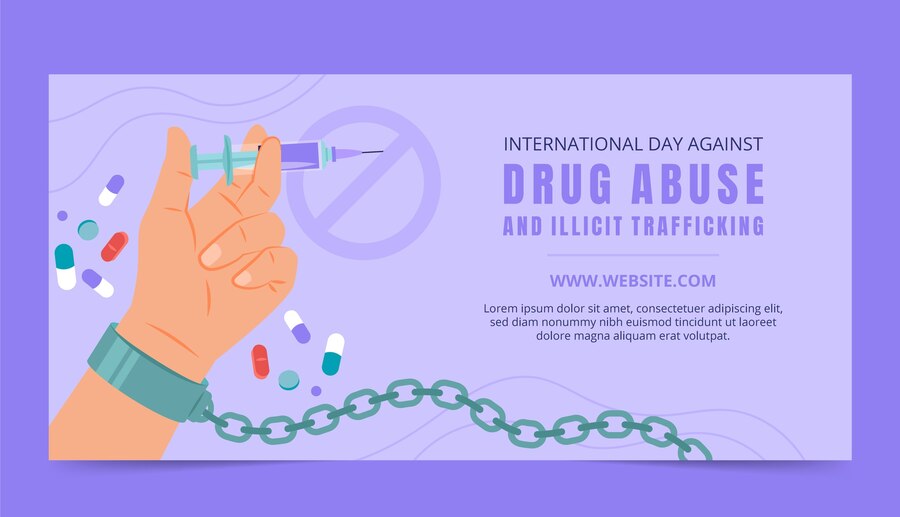Table of contents
As the conversation around holistic health continues to grow, more people are exploring natural alternatives to support traditional therapies. One such compound that’s gaining attention in the world of substance recovery is CBD (cannabidiol). Non-psychoactive and derived from the hemp plant, CBD is being studied for a variety of health benefits — and one of the most promising areas is its potential role in supporting addiction treatment.
This article explores how CBD in supporting addiction recovery could be a game-changer for individuals seeking relief from withdrawal symptoms, cravings, and mental health challenges associated with substance use disorders.
Understanding Addiction and Its Challenges

Addiction is a chronic, relapsing disorder characterized by compulsive drug seeking, continued use despite harmful consequences, and long-lasting changes in the brain. It affects physical, emotional, and psychological health.
The key challenges in addiction treatment include:
- Cravings and triggers
- Withdrawal symptoms
- Mood disorders like anxiety and depression
- Poor sleep and restlessness
- Chronic pain or physical discomfort
While medications and behavioral therapy are standard treatments, not all patients respond well to pharmaceuticals, and relapse rates remain high. This has led to growing interest in CBD as a complementary approach to support addiction recovery.
How CBD May Support Addiction Recovery

🌿 1. Reducing Cravings and Relapse Risk
CBD has shown potential in reducing cue-induced cravings, especially for substances like opioids, nicotine, and cocaine. A study published in The American Journal of Psychiatry found that CBD reduced cravings and anxiety in heroin-addicted individuals exposed to drug-related cues.
🌿 2. Easing Withdrawal Symptoms
Symptoms like nausea, anxiety, insomnia, and irritability can make detox extremely difficult. CBD’s calming, anti-anxiety, and anti-nausea effects may help ease these symptoms during the withdrawal phase.
🌿 3. Managing Co-Occurring Disorders
Mental health issues such as anxiety, PTSD, and depression often co-occur with substance use disorders. CBD has been studied for its anxiolytic and antidepressant properties, helping to address these conditions without the risk of addiction.
🌿 4. Neuroprotective Effects
Addiction can alter brain function. CBD’s neuroprotective and anti-inflammatory properties may support brain health and repair, especially in individuals with long-term substance use damage.
🌿 5. Improving Sleep and Emotional Stability
Sleep is crucial for healing during recovery. CBD has been found to support better sleep quality, reduce nightmares (especially in PTSD), and promote emotional stability, making it easier to maintain sobriety.
Current Research on CBD in Supporting Addiction
While more human studies are needed, current research supports the idea of CBD in supporting addiction treatment:
- Opioid Use Disorder: CBD reduced cravings and anxiety in a 2019 double-blind study.
- Alcohol Addiction: Animal studies suggest CBD may reduce alcohol-seeking behavior and liver damage.
- Tobacco Addiction: A small clinical trial showed that smokers using a CBD inhaler reduced cigarette use by 40%.
- Stimulant Addiction: Preclinical research shows promise in reducing motivation to use cocaine and methamphetamine.
These findings indicate that CBD might influence brain circuits involved in drug addiction and emotional regulation, offering a supportive tool rather than a cure.
How to Use CBD for Addiction Recovery Support

When considering CBD in supporting addiction, the following methods are often used:
✅ CBD Oils/Tinctures
Great for fast-acting, customizable dosing. Best taken sublingually.
✅ CBD Capsules
Easy for consistent daily use. May take longer to act but provide longer-lasting effects.
✅ CBD Edibles
Gummies or snacks offer convenience but watch out for sugar content.
✅ CBD Topicals
Useful for physical discomfort or inflammation but not typically used for cravings or anxiety.
✅ CBD Vapes (Use with Caution)
Some recovering addicts avoid vaping to stay away from habit-forming behaviors. Consult a professional before use.
Note: Always choose third-party tested, THC-free or low-THC (less than 0.3%) products.
Precautions and Considerations
- CBD is not a cure for addiction but may support traditional treatments.
- Always consult with a healthcare provider or addiction specialist before incorporating CBD into your routine.
- Be cautious of drug interactions, especially if you are taking other medications for mental health or physical conditions.
- Avoid products with THC if you’re in early recovery and susceptible to triggers.
5 Frequently Asked Questions (FAQ)
CBD may help reduce cravings, especially those triggered by environmental cues, but it is not a standalone cure. It’s best used alongside counseling and behavioral therapy.
No, CBD is non-addictive and non-psychoactive, meaning it won’t produce a “high” or physical dependency.
Some users report effects within hours, especially for anxiety and sleep. For full benefits, consistent use over a few days or weeks is often needed.
Generally, yes, but you should always consult your doctor before combining CBD with treatments like methadone, buprenorphine, or naltrexone.
CBD is not a replacement for addiction therapy or prescribed medications. It should be considered as a supportive supplement.
Final Thoughts
The use of CBD in supporting addiction treatment offers exciting possibilities for individuals looking for natural ways to manage withdrawal, reduce cravings, and improve overall mental well-being. While it’s not a cure-all, when combined with evidence-based treatments like therapy and medical supervision, CBD can serve as a valuable tool on the path to recovery.
As research continues to evolve, CBD may become a more mainstream part of holistic addiction care. Until then, careful, informed use — under medical guidance — is the best way to explore its benefits.





